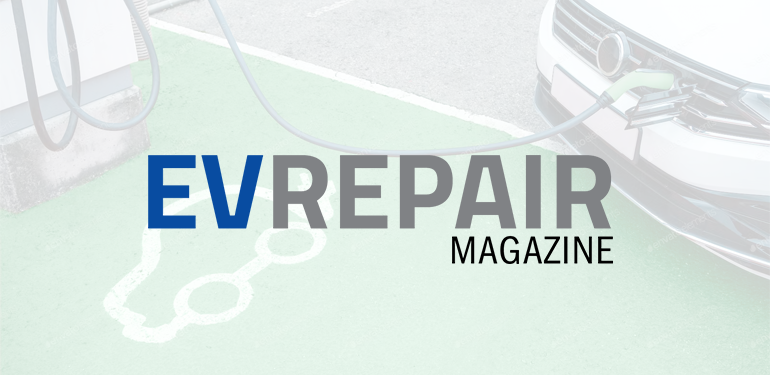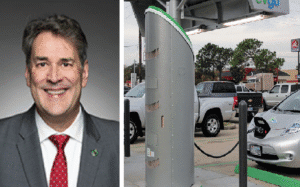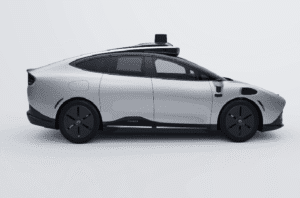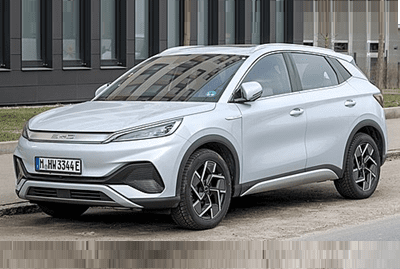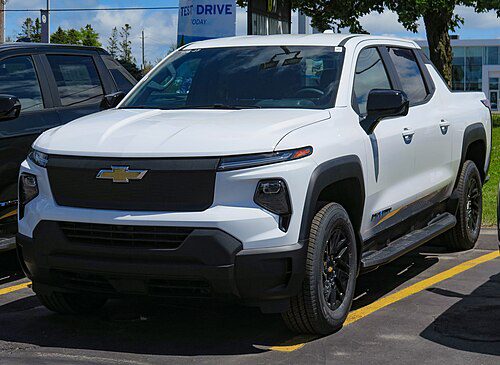Toronto, Ontario — In this week’s EV/AV Report, a new report says a lot — like a lot — more Canadians will have to purchase electric vehicles in order to reach federal emission targets. Meanwhile in Vancouver, a new By-law requiring 100 percent of parking stalls in new hotels to have EV chargers was approved. Hyundai also amped up its EV efforts by announcing a new robot shuttle service in South Korea.
Out of Reach?
In order to reach Canada’s federal emission targets, 70 to 75 percent of Canadian car sales will have to be zero-emission zero-emission vehicles by 2030, says a new report.
In 2020, zero-emission vehicles only made up 3.5 percent of Canada’s auto sales.
The report conducted by the C.D. Howe Institute estimates that 7.7 million zero-emission vehicles would need to be on the road by 2030, which would be equivalent to 30 per cent of total vehicles to reach Canada’s goal.
The federal government’s plan projects a reduction of 213 megatonnes (MT) of greenhouse gas emissions – or 30 percent of 2018 nationwide GHGs – by 2030. The plan projects GHGs from transportation to fall by 35 MT from 186 MT in 2018 to 151 MT by 2030.
“Understanding the practical implications of transportation emissions goals will support policymakers in considering the trade-offs involved in achieving those goals,” wrote the authors of the report.
Parked
Vancouver’s City Council has approved requirements to expand access to EV charging, as more residents and fleet managers transition to electric vehicles.
The approved changes mean residents and visitors will find more EV charging options when parking in non-residential buildings. The new regulations require EV charging infrastructure in 100 percent of new car-share stalls, and all stalls in new hotels, as well as in 45 percent of parking stalls in most types of new non-residential buildings.
These changes align with recent updates made by the City of North Vancouver, and will have minimal increases in new construction costs, while significantly reducing or eliminating future costs of retrofitting for EV chargers in these buildings.
The regulations outlined in this By-law will take effect on June 1, 2022.
RoboShuttle Service
Hyundai Motor Company will begin a test operation of its RoboShuttle service on August 9, the automaker announced last week.
The demand-responsive, high-occupancy vehicle service, powered by autonomous driving and Artificial Intelligence (AI) technology, will operate along a 6.1-kilometre route in Sejong Smart City, South Korea.
The pilot operation will be conducted using Hyundai H350, a light commercial, four-door van, equipped with autonomous driving technology, which applies a range of Level 4-comparable core technologies and is developed in-house by the Autonomous Driving Center at Hyundai Motor.
Based on its self-driving capabilities, the vehicle is designed to perceive its surroundings, make decisions, and control itself while driving on the road, requiring minimal intervention from a safety driver.
The vehicle will operate on the 6.1-km route from Sejong Government Complex to Sejong National Arboretum, with 20 stops for passengers along the way.
When a RoboShuttle is requested by a passenger via the Shucle app, the self-driving shuttle will head to the pick-up point by calculating the best path using AI algorithms.
Beginning in July, Hyundai Motor will recruit passengers who want to experience the RoboShuttle service within Sejong City via the Shucle app. Starting with the pilot service in Sejong City, the service will be gradually expanded to other regions.



